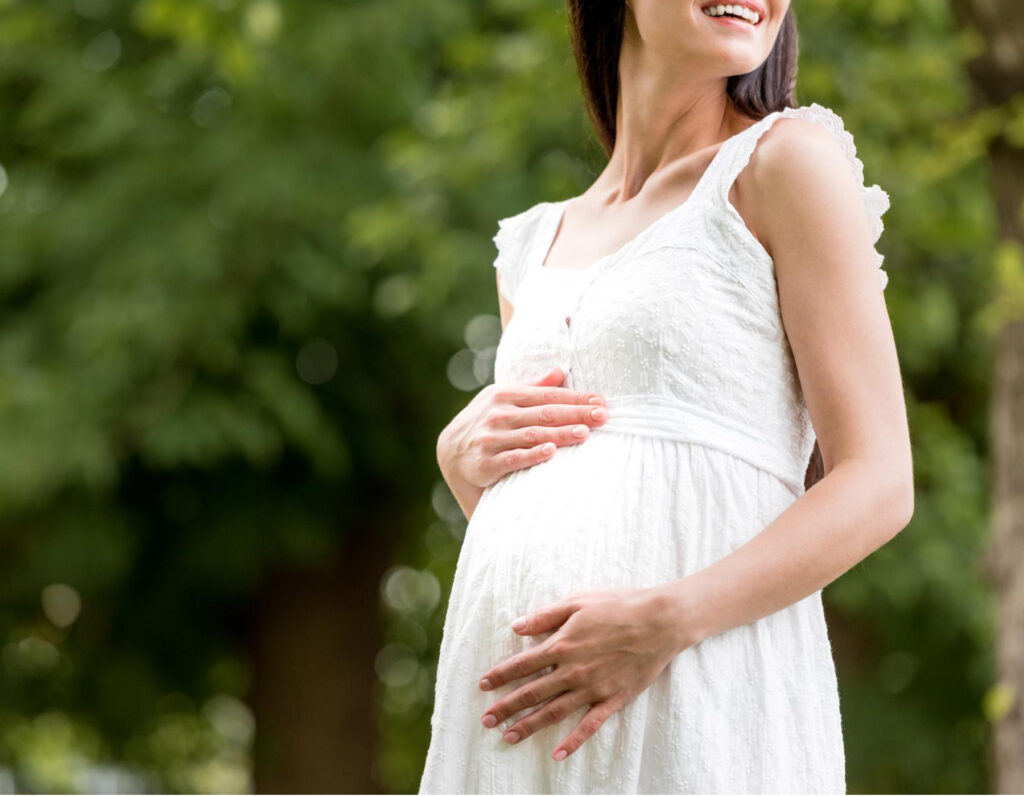Hepatitis B and pregnancy

All pregnant women should get a blood test for hepatitis B as part of their prenatal care. Hepatitis B can be easily passed from a pregnant woman with hepatitis B to her baby at birth. This can happen during a vaginal delivery or a c-section. If you have hepatitis B, health care providers can give your baby a set of shots at birth to prevent your baby from getting infected.
The HBIG shot is only given to babies of mothers who have hepatitis B. The HBIG and hepatitis B vaccine shots help prevent your baby from getting hepatitis B. These shots work best when they are given within 12 hours after your baby is born.
All the hepatitis B shots are necessary to help keep your baby from getting hepatitis B. Your baby will get 3 or 4 shots in all, depending on your baby’s birth weight and the vaccine brand. After the first shots are given in the hospital, the next shot is usually given at 1 to 2 months of age. The last shot is given when your baby is six months old. Ask your doctor or nurse when your baby needs to come back for each shot.
Make sure your baby gets tested after completing the series of shots. After getting all the hepatitis B shots, your doctor will test your baby’s blood. This blood test tells you and your doctor if your baby is protected and does not have hepatitis B. The blood test is usually done 1 to 2 months after completing the series of shots. Your baby should be at least 9 months of age before getting this test. You can breastfeed your baby if your baby gets HBIG and the hepatitis B vaccine within 12 hours of birth. You cannot give your baby hepatitis B from breast milk. Ask your doctor if you should still breastfeed if you have cracked nipples or open sores on your breast.
